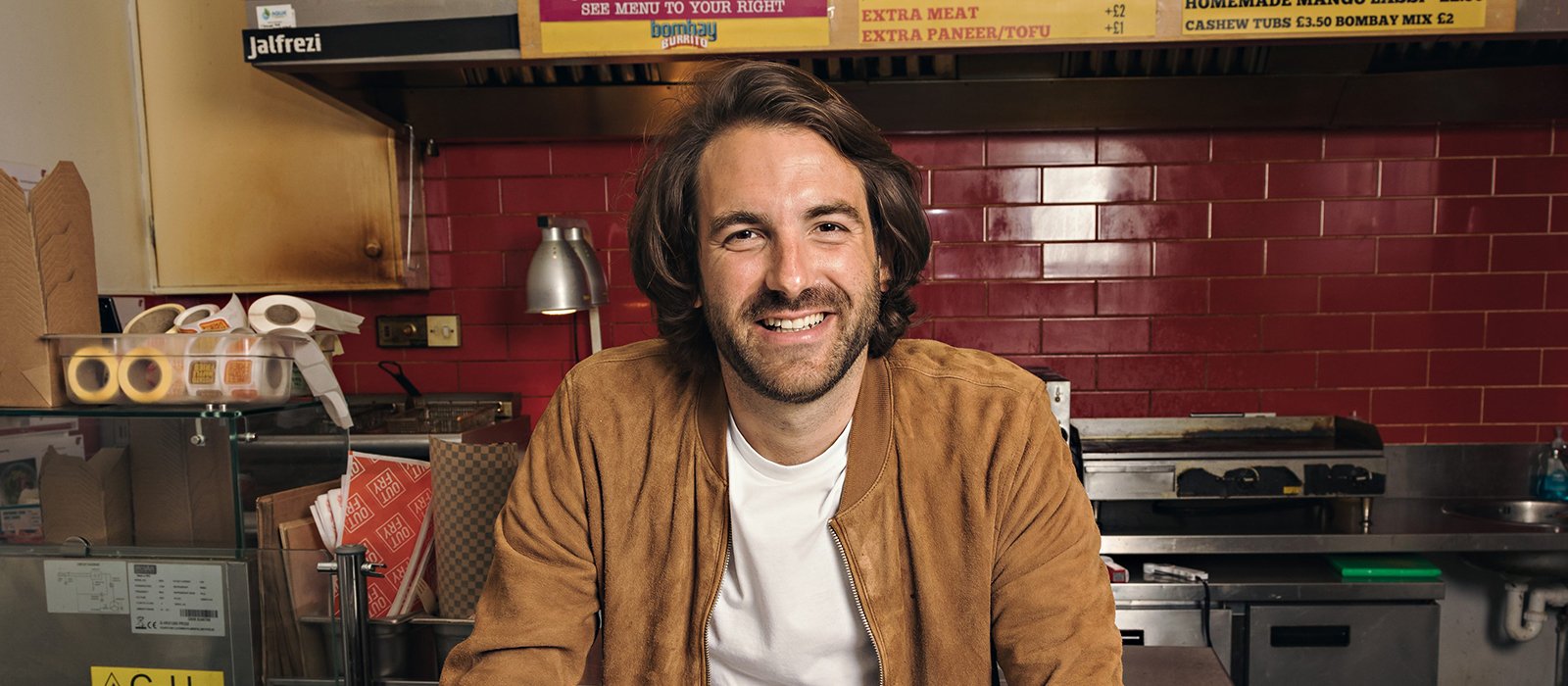Taster, the London-based company behind a series of digital restaurant brands, has raised $37 million in a Series B round led by Octopus Ventures.
The financing also saw participation from Rakuten as well as existing investors Battery Ventures, LocalGlobe, and Heartcore Capital.
The funding is expected to expand the company’s presence across its three existing markets, as well as drive expansion into new cities. Taster aims to be operational in 40 cities by the end of 2021, as well as support the launch of at least two new consumer brands.
“Taster’s proposition is incredibly exciting. From the food itself, to the packaging and online experience, everything is designed specifically for the take-away customer, resulting in a far superior experience and very high levels of repeat business,” says Octopus Ventures’ Rebecca Hunt. “It’s also the first digital food brand concept to scale using a licensed partner model. By partnering with existing experts in food preparation to run local kitchens, it can scale rapidly while ensuring consistency of food quality, as well as operational efficiency. We firmly believe this will be a winning combination and Anton’s experience at Deliveroo gives Taster another unfair advantage in this rapidly growing market.”
Founded in 2017 by Anton Soulier, one of the first employees at Deliveroo, Taster currently has teams operating in London, Paris, and Madrid, all coordinating 70+ restaurants in eleven cities across the UK, France, and Spain.
In 2020 alone the company delivered over one million meals, with revenues more than doubling in the past year. In Paris, Taster’s restaurants are topped only by McDonald’s and Burger King when it comes to gross merchandise value.
“At Taster, we want to redefine what it means to be a restaurant group in the 21st century; by combining strong brands, innovative technology, and a model that works for restaurateurs and customers alike, we are proving that it is possible to quickly launch and scale popular food brands that don’t compromise on quality, customer experience or pleasure,” says Soulier.
A key to Taster’s success has been its three-pronged attack: Brands built specifically for delivery, Technology, and a unique licensing model.
Built for Delivery
Positioning its partner brands on a range of popular food delivery platforms, as well as their own in house offering, Taster has partnered with Michelin-starred chefs and food industry personalities to launch five digital restaurant brands - Korean fried chicken restaurant Out Fry, Vietnamese street food restaurant Mission Saigon, vegan burger brand A Burgers, Japanese comfort food restaurant Stacksando, and Taiwanese street food brand Bian Dang.
Technology
In a sector that’s increasingly relying on predictive algorithms, Taster provides partners with demand forecasting tools as well as supply chain and quality control mechanisms. With these tools, Taster restaurants report the optimisation of performance, as well as kitchen management and supply chain inefficiencies.
All-in-all, this means that a Taster partner can open a new digital restaurant in as little as two weeks.
Licensing
As opposed to dark kitchen competitors who operate with purpose-built kitchens, Taster partners include restaurants, be it larger hospitality kitchens of independent operators, with under-utilised kitchen space. These kitchens may then license, launch, and operate any one of Taster’s brands right out of their own existing space.
These partners may then benefit from large delivery volumes, economies of scale, and PR & marketing support without having to overhaul their existing space.
Taster reports that partners, “typically generate an average of $7,000 in turnover from the first week of launch, with a net margin of between 15 and 20%.”
“If McDonald’s or Burger King were to launch today, they would do so in a radically different way to how they did in the 20th Century,” adds Soulier. “Back then, consumers wanted to eat ‘fast and cheap’; in 2021, they want to eat ‘fast and well’.



Would you like to write the first comment?
Login to post comments